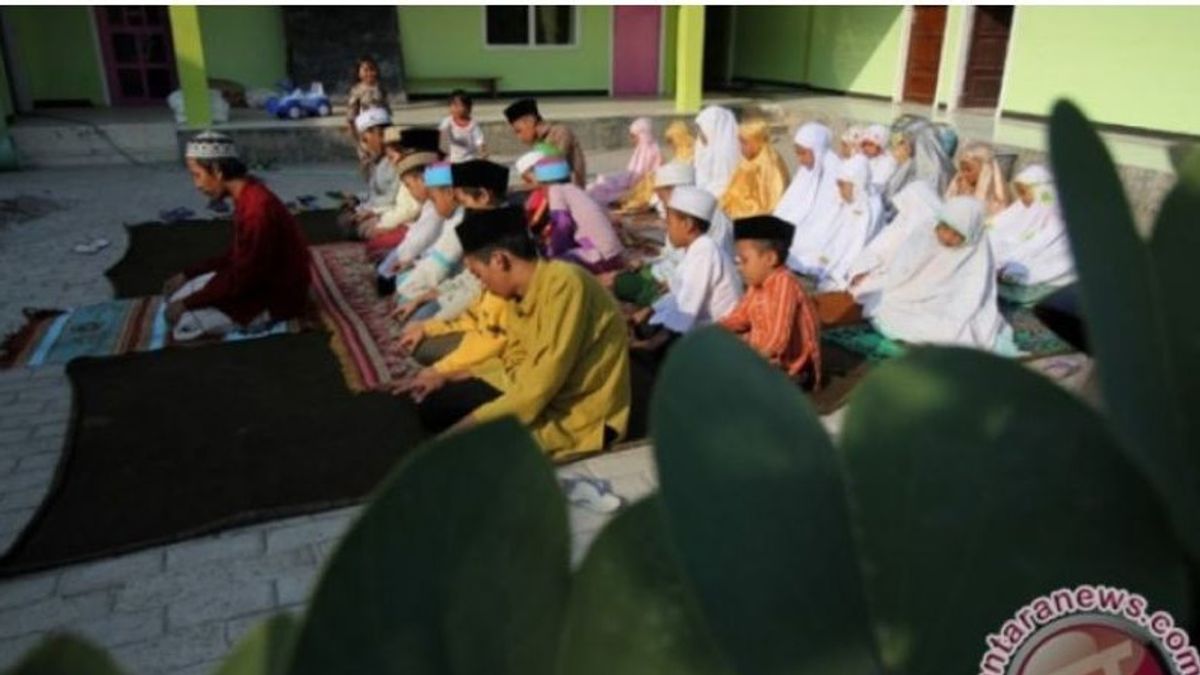JAKARTA - General Secretary of the Muhammadiyah Central Executive Abdul Mu'ti said the disappearance of the word madrasa in the draft National Education System Bill (Sisdiknas) would create a dichotomy in the education sector.
"The absence of madrasas in the National Education System Bill has the potential to cause a dichotomy of the national education system, which of course contradicts the 1945 Constitution which wants the integration of education into one national education," Mu'ti said in a statement in Jakarta, Monday, March 28.
In addition, it is also feared that there will be a gap in the quality of education in madrasas. It is feared that the absence of madrasas is the reason the government does not allocate a budget for madrasas.
Mu'ti also admitted that he was worried that if the education dichotomy was not managed properly, it could potentially lead to problems of national disintegration.
Therefore, it is important to include madrasas in the 2022 National Education System Bill as already stated in Law No. 20/2003 on the National Education System.
Meanwhile, the Head of the Archipelago Islamic Schools and Madrasas Association, Arifin Junaidi, asked the government to re-include madrasas in the National Education System Bill.
The loss of the word madrasa, continued Arifin, was a setback after schools and madrasas were integrated and not dichotomy in Law 20/2003.
“Madrasah must still be regulated in the law, not in derivative rules. The goal is that madrasas can be supported both in terms of policies and budgets," said Arifin as quoted by Antara.
Meanwhile, the Head of the Educational Standards, Curriculum and Assessment Agency (BSKAP) Kemendikbudristek, Anindito Aditomo, said the word madrasa was indeed not listed in the draft National Education System Bill. However, it is listed at the bottom or explanation.
“In the revision of the National Education System Bill, all nomenclatures for the form of educational units such as schools and madrasas will appear in the explanation. This is done so that the naming of the form of education unit is not tied to the level of the law, so that it is more flexible and dynamic," said Anindito.
The English, Chinese, Japanese, Arabic, and French versions are automatically generated by the AI. So there may still be inaccuracies in translating, please always see Indonesian as our main language. (system supported by DigitalSiber.id)













